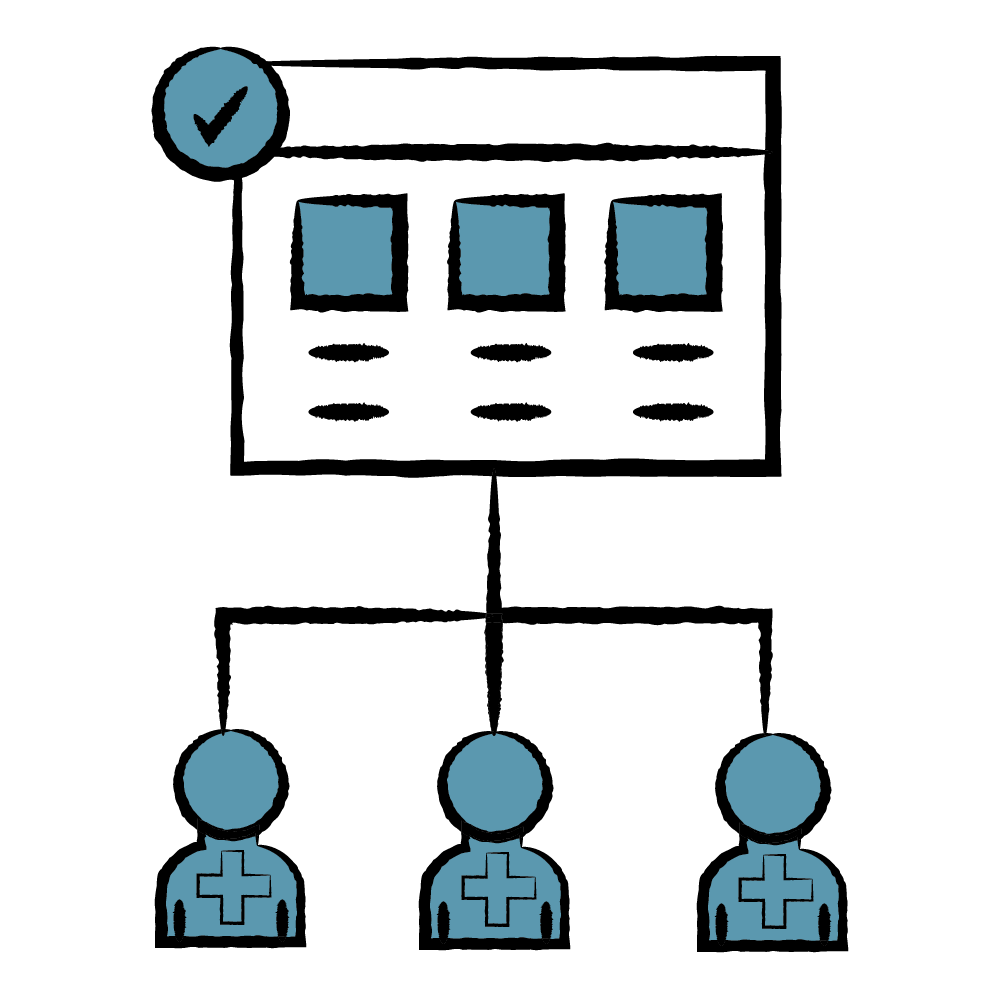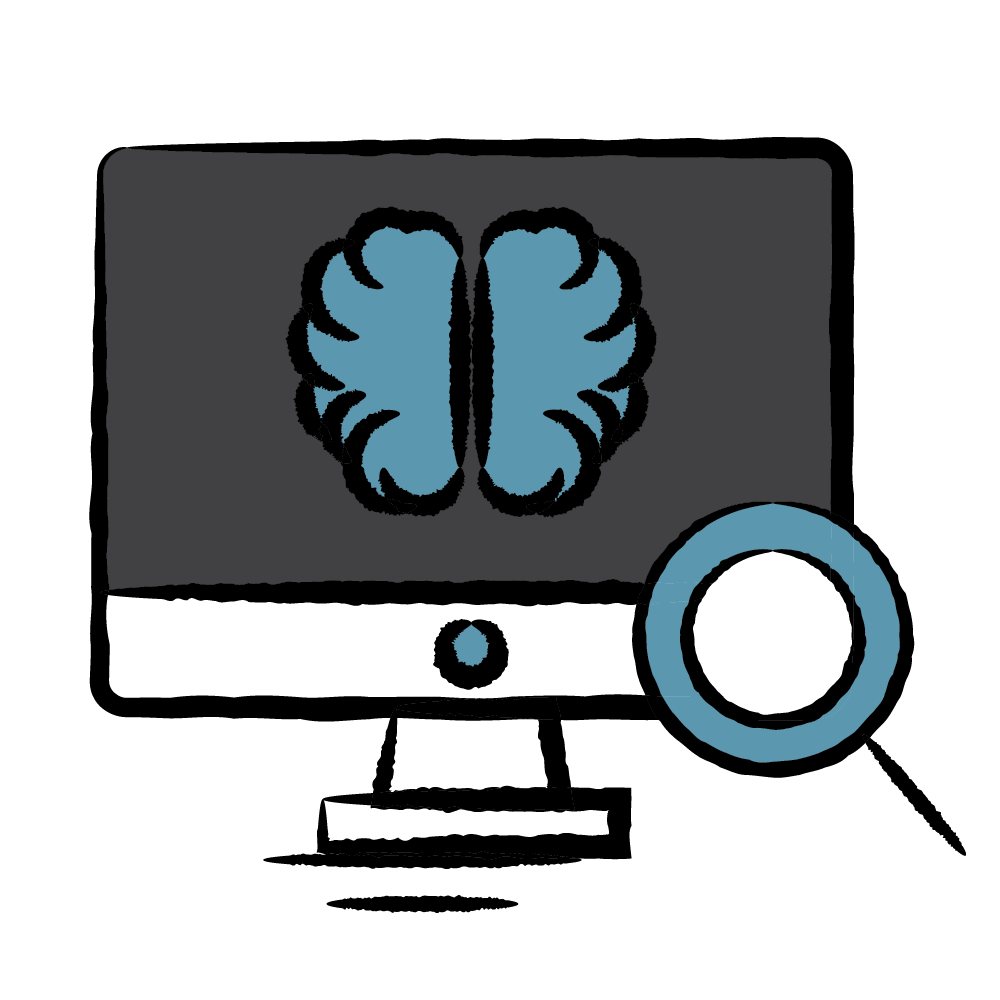
Reducing Interpretation Time
At Avicenna.AI, our AI-driven solutions accelerate disease detection by delivering fast and reliable insights. Using advanced algorithms and cutting-edge technologies, our tools support healthcare teams in recognizing conditions early, enabling quicker decisions, timely interventions, and improved patient outcomes.

Enhancing Radiology Workflow
With our AI tools handling routine tasks, radiologists can process a larger volume of cases within a shorter timeframe. This increased productivity helps radiology departments handle growing workloads, reduce turnaround times, and enhance patient satisfaction by providing timely reports and interventions.

Optimizing
Patient Management
Efficient patient management is essential for delivering top-tier healthcare. With Avicenna.AI’s solutions, clinicians can optimize care pathways, triage urgent cases more efficiently, and distribute resources where they are needed most, ultimately supporting smoother workflows and better clinical outcomes.






